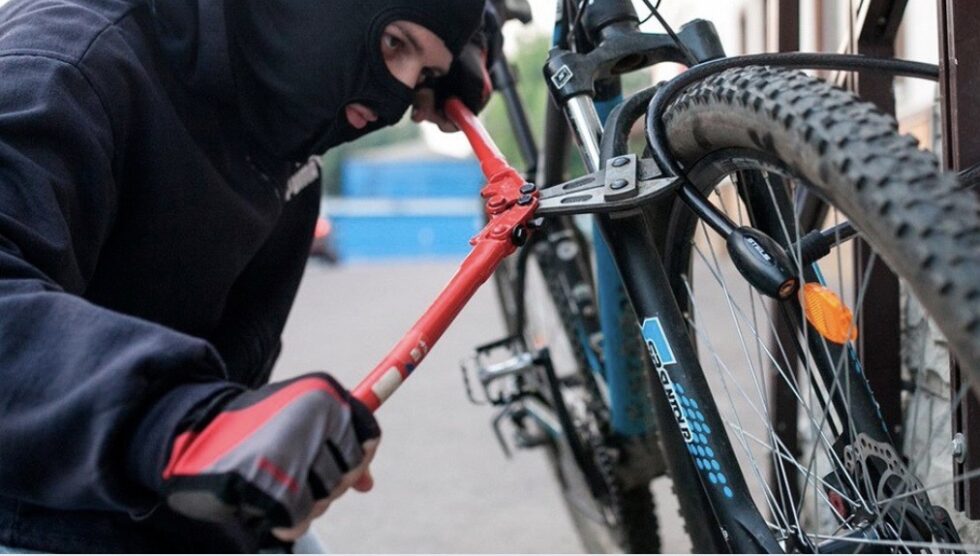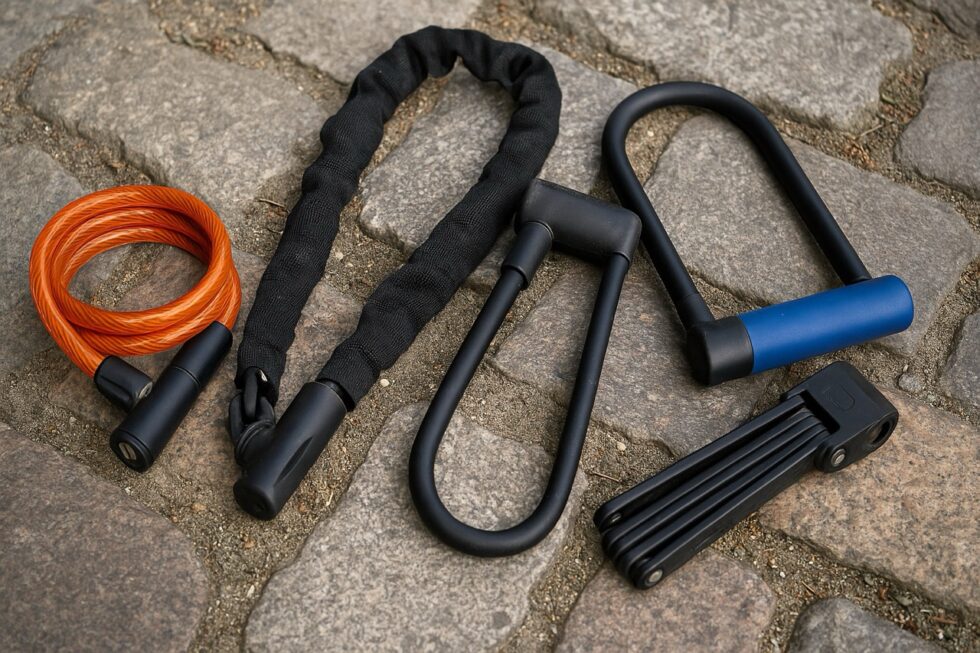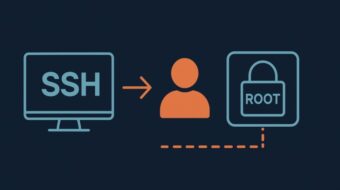Police Bike Registration 2025: How to protect your bicycle from theft

Bicycles remain among the most frequently stolen items in Germany. Statistically, one bicycle disappears every ten minutes — often without a trace. Not only large cities are affected, but increasingly also smaller towns with high commuter traffic and growing numbers of e-bikes.
As reported by G-Business, many of these thefts are preventable — with consistent locking, forward-looking behavior, and timely registration with the police. In this guide, we explain how thieves operate, which mistakes owners often make, and what really works to protect your bike.
Bike theft 2025: Numbers decline, but risks remain
The number of bicycle thefts in Germany fell slightly in 2024. According to police crime statistics, 245,868 bikes were reported stolen — a 6.9% decrease compared to 2023. However, the risk remains high, particularly in large urban areas. Understanding the real risk is the first step in protecting your bike.
Who steals bicycles — and why
Different types of offenders steal bikes for different reasons. From opportunistic thieves to professional networks, knowing who you’re up against helps you better protect your property.
Opportunistic thieves
They act impulsively, grabbing bikes left unsecured in front of shops or open gates. Usually younger men with no serious criminal background, they sell the bike or use it temporarily.
Typical targets: unsecured everyday bikes in residential areas
Locations: entrances, side streets, unattended racks
Organized gangs
These groups work systematically, with vehicles, tools, and planned routes through commuter zones. In minutes, several e-bikes are stolen and loaded into vans.
Typical targets: high-end e-bikes, pedelecs, branded bikes
Locations: train stations, garages, office districts
Fencing networks
These actors rarely steal themselves. They coordinate resale across Europe via fake documents, online platforms, or by exporting dismantled parts.
Typical targets: bikes with resale potential — e-bikes, cargo bikes, mountain bikes
Locations: digital marketplaces, export hubs
Common mistakes bike owners make
Many thefts could be prevented if bike owners avoided routine errors. This section outlines the most frequent and avoidable mistakes that put your bicycle at risk.
- Weak cable or combination locks
- Locking only the frame or a single wheel
- Leaving the bike “just for a moment” unattended
- Parking in dark, isolated areas
- No documentation or photos of the bike
- Parking at the same time and place daily
- Not locking battery or disabling GPS on e-bikes

Why registration with the police matters
Bike registration is a key way to prove ownership and recover your bike if it gets stolen. It's also important for insurance claims and legal proof in disputes.
- Immediate identity checks during police operations
- Legal ownership proof
- Required by many insurers for claims
- Helps police match recovered bikes to rightful owners
How police bike registration works
Registration is easy and recommended. This section explains what details are collected, where to go, and why it helps.
You’ll need to provide:
- Frame number
- Brand, model, and color
- Photos and unique features
- Purchase receipt
- Owner’s contact details
Some cities offer engraving or UV coding. These increase traceability and deter resale.
Digital registration with the Fahrradpass app
If you prefer to manage your data digitally, the Fahrradpass app offers a secure way to store bike details on your phone. It is provided by the German police and is free of charge.
Key facts:
- Publisher: Polizeiliche Kriminalprävention (Germany)
- Platforms: Android and iOS
- Features: store photos, frame numbers, multiple bikes, export PDF
- Security: no cloud use — data stays on the phone
- Website: polizei-beratung.de
Where to register your bike
Most large cities in Germany offer regular registration events, often in cooperation with ADFC. Below is a list of cities and where to go online for information:
| City | Provider | Website |
|---|---|---|
| Berlin | Police & ADFC | berlin.de/polizei |
| Hamburg | Police + app support | polizei.hamburg.de |
| Munich | Police & ADFC Bayern | adfc-bayern.de |
| Cologne | Police & ADFC | polizei.nrw |
| Frankfurt | ADFC Frankfurt + police | adfc-frankfurt.de |
| Leipzig | ADFC Leipzig | adfc-leipzig.de |
| Dresden | ADFC Sachsen | adfc-sachsen.de |
| Stuttgart | Police appointments | polizei-bw.de |
| Düsseldorf | ADFC + prevention events | adfc-nrw.de/duesseldorf |
| Hannover | ADFC Niedersachsen | adfc-niedersachsen.de |
Costs at a glance
This section outlines what you can expect to pay for bike registration and related services.
- Police registration: usually free
- ADFC engraving: around €10–15 (free for members)
- Fahrradpass app: free forever
Effective theft prevention
This section highlights proven tips to make your bike less attractive to thieves and keep it safe.
- Use a high-quality U-lock or folding lock
- Always lock the bike to a fixed object
- Secure both frame and wheels
- Never leave e-bikes outdoors overnight
- Vary your parking location
- Remove battery and display from e-bikes
Thieves prefer quick jobs. Time-consuming targets are often left untouched.
What to do if your bike is stolen
Even with all precautions, theft can still happen. Here’s what you should do immediately if your bike is gone.
- Contact your insurer
- File a police report (online or in person)
- Provide documentation: frame number, photos, receipt, registration
- Monitor online marketplaces for your bike
- Inform the police if you find suspicious listings
Bicycles are no longer low-value items — especially e-bikes. If you’ve invested in your bike, invest in its protection. Registration with the police, strong locking systems, and behavior awareness work — and can make all the difference.
Stay informed and protected with timely, practical insights — like Facebook Now Scans Your Phone Photos With AI — Here’s How to Disable It.
